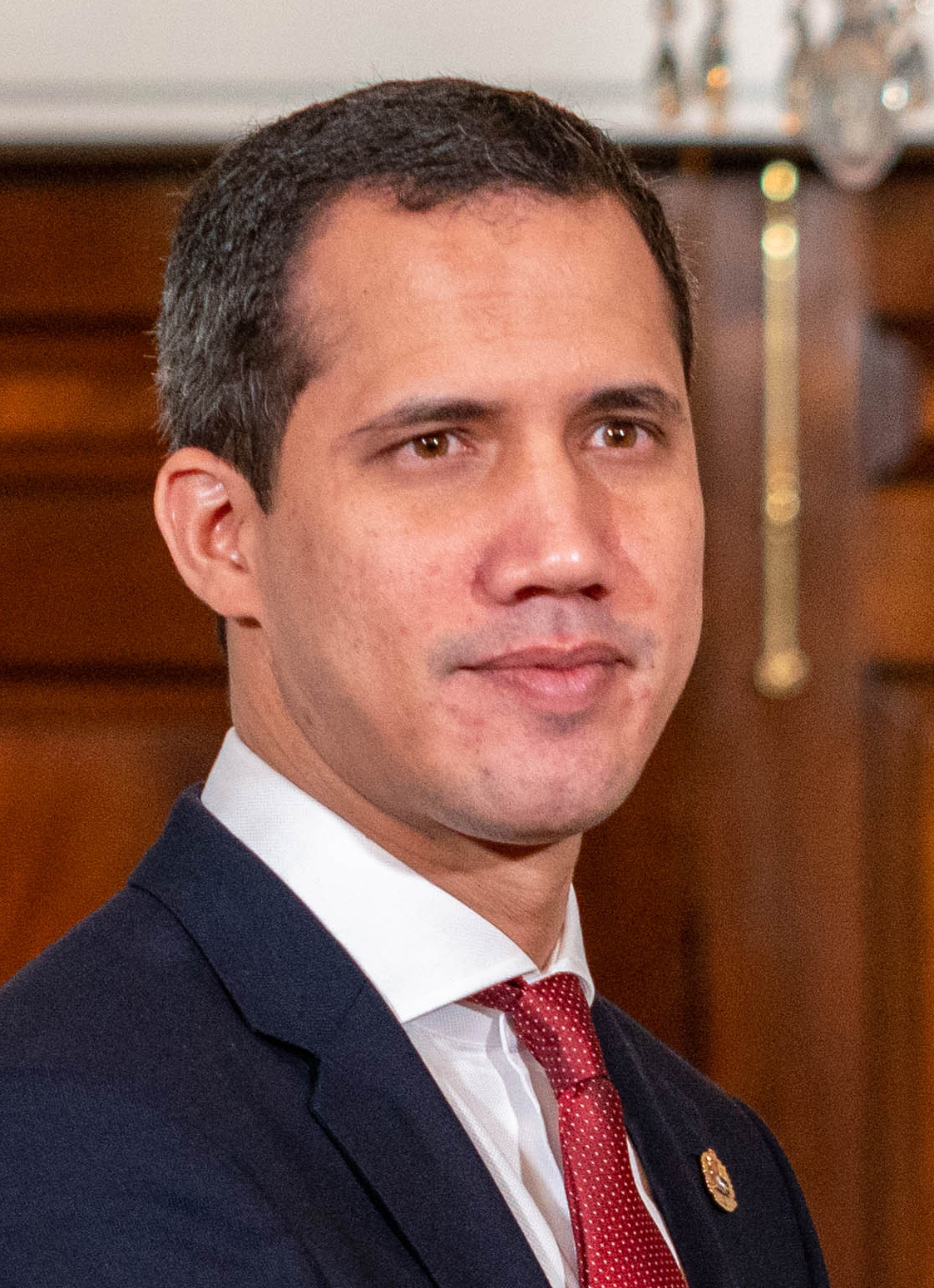CARACAS, (Reuters) – Venezuela’s opposition national assembly voted yesterday to remove interim President Juan Guaido, dissolve his government and appoint a commission to govern the country’s foreign assets, as lawmakers seek a united front ahead of elections slated for 2024.
Guaido has been the public face of Venezuela’s fractious opposition since 2019, when he invoked the constitution to assume an interim presidency, garnering backing from the United States and other governments who reject the 2018 re-election of President Nicolas Maduro as fraudulent.
But Maduro has remained in control of nearly all Venezuela’s institutions, including its security forces, and Guaido’s interim government, which has control over some foreign assets and runs many embassies, has seen its support wane.
Three of four major opposition groups – Justice First, Democratic Action and A New Era – backed the bill to oust Guaido and create the five-member commission to manage foreign assets, especially U.S.-based refiner Citgo, a subsidiary of state-owned oil company PDVSA.
Supporters say opposition control of foreign assets is not at risk and the dissolution is necessary for unity ahead of the elections.
“There are already tools to protect the assets in the United States, the United Kingdom, Portugal,” said Justice First lawmaker Juan Miguel Matheus.
Both the article eliminating the interim government and the article creating the assets commission passed with 72 votes in favor, 29 against and 8 abstentions.
Guaido, whose Voluntad Popular party did not back the effort, had urged lawmakers to replace him instead of dissolving the interim government.
“To annul this is to jump into the abyss,” Guaido told the assembly after the votes. “It is destroying what could have been maintained.”
Opposition parties hope Washington will extend a license protecting Citgo from possible creditor seizures when the license expires in January.
Venezuela owes more than $60 billion to creditors.
The United States will continue to support the opposition, the assembly and the interim government “regardless of what form it takes,” a spokesperson for the U.S. National Security Council said on Friday.

